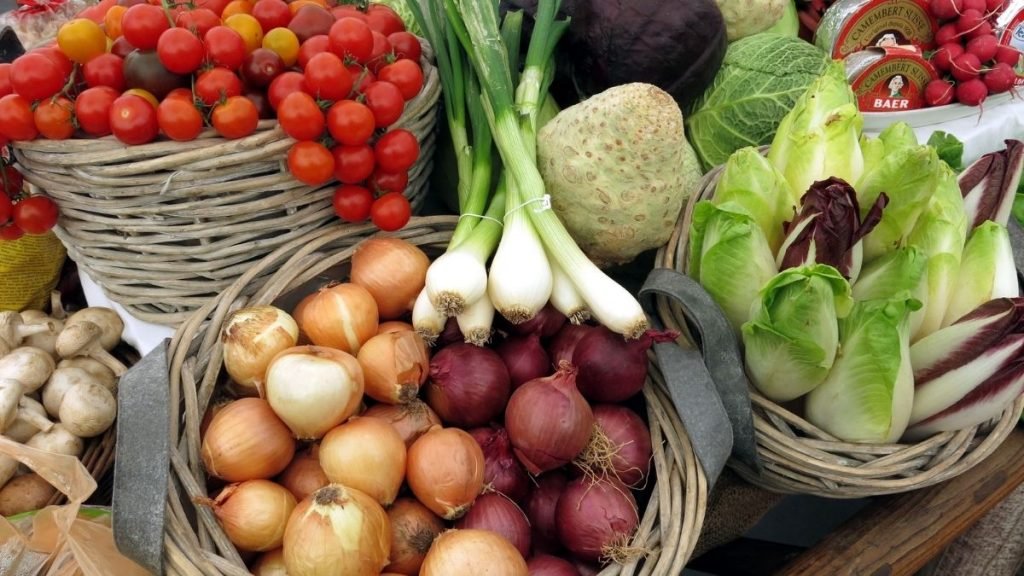Eating more fruits, vegetables linked to less stress

“Vegetables and fruits contain important nutrients such as vitamins, minerals, flavonoids, and carotenoids that can reduce inflammation and oxidative stress, and therefore improve mental wellbeing,”
According to new research from Edith Cowan University (ECU) suggests that eating a diet rich in fruit and vegetables is associated with less stress.
The study published in the journal Clinical Nutrition examined the link between fruit and vegetable intake and stress levels of more than 8,600 Australians aged between 25 and 91 participating in the Australian Diabetes, Obesity, and Lifestyle (AusDiab) Study from Baker Heart and Diabetes Institute. The findings revealed people who ate at least 470 grams of fruit and vegetables daily had 10 percent lower stress levels than those who consumed less than 230 grams.

The World Health Organization (WHO) recommends eating at least 400 grams of fruit and vegetables per day. Lead researcher, Ph.D. candidate Simone Radavelli-Bagatini from ECU’s Institute for Nutrition Research, said the study strengthens the link between diets rich in fruit and vegetables and mental wellbeing. “We found that people who have higher fruit and veggie intakes are less stressed than those with lower intakes, which suggests diet plays a key role in mental wellbeing,” said Ms. Radavelli-Bagatini.
A growing issue Mental health conditions are an increasing problem in Australia and around the world. Around one in two Australians will experience a mental health issue in their lifetime. Globally, approximately 1 in 10 people live with a mental health disorder. According to Ms. Radavelli-Bagatini, some stress is considered normal, but long-term exposure can significantly impact mental health.
“Long-term and unmanaged stress can lead to a range of health problems including heart disease, diabetes, depression, and anxiety so we need to find ways to prevent and possibly alleviate mental health problems in the future,” said Ms. Radavelli-Bagatini.

The benefits of a healthy diet are well known, but only 1 in 2 Australians eat the recommended two serves of fruit per day and fewer than 1 in 10 eat the recommended five serves of vegetables each day. “Previous studies have shown the link between fruit and vegetable consumption and stress in younger adults, but this is the first time we’re seeing similar results across adults of all ages,” said Ms. Radavelli-Bagatini. “The study’s findings emphasize that it’s important for people to have a diet rich in fruit and vegetables to potentially minimize stress.”
Food and mood While the mechanisms behind how fruit and vegetable consumption influence stress is still unclear, Ms. Radavelli-Bagatini said key nutrients could be a factor. “Vegetables and fruits contain important nutrients such as vitamins, minerals, flavonoids, and carotenoids that can reduce inflammation and oxidative stress, and therefore improve mental wellbeing,” she said. “Inflammation and oxidative stress in the body are recognized factors that can lead to increased stress, anxiety and lower mood.”
“These findings encourage more research into diet and specifically what fruits and vegetables provide the most benefits for mental health.” The research is part of ECU’s recently launched Institute for Nutrition Research, which aims to investigate how nutrition can help prevent and treat chronic health conditions. ‘Fruit and vegetable intake is inversely associated with perceived stress across the adult lifespan’ was published in Clinical Nutrition.







